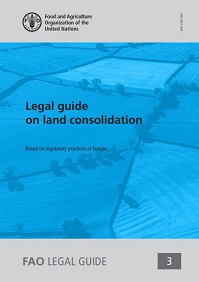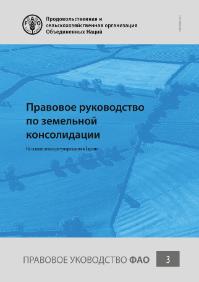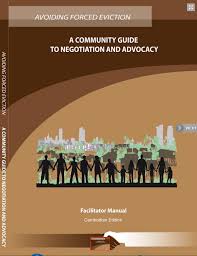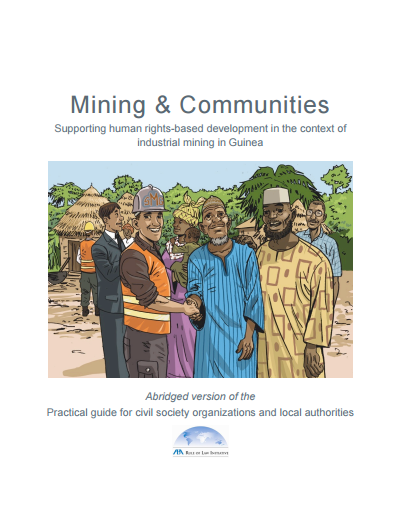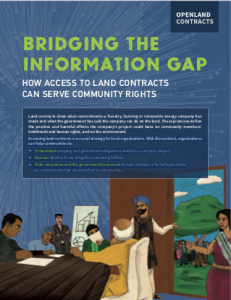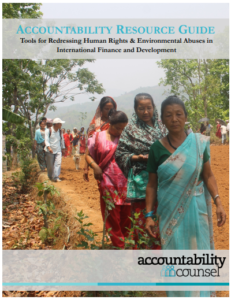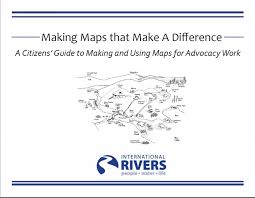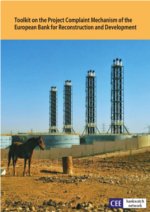Legal guide on land consolidation
Land consolidation is a highly effective land management instrument that allows for the improvement of the structure of agricultural holdings and farms in a country, which increases their economic and social efficiency and brings benefits both to right holders as well as to society in general. Since land consolidation gives mobility to land ownership and other land rights, it may also facilitate the allocation of new areas with specific purposes other than agriculture, such as for public infrastructure or nature protection and restoration.

